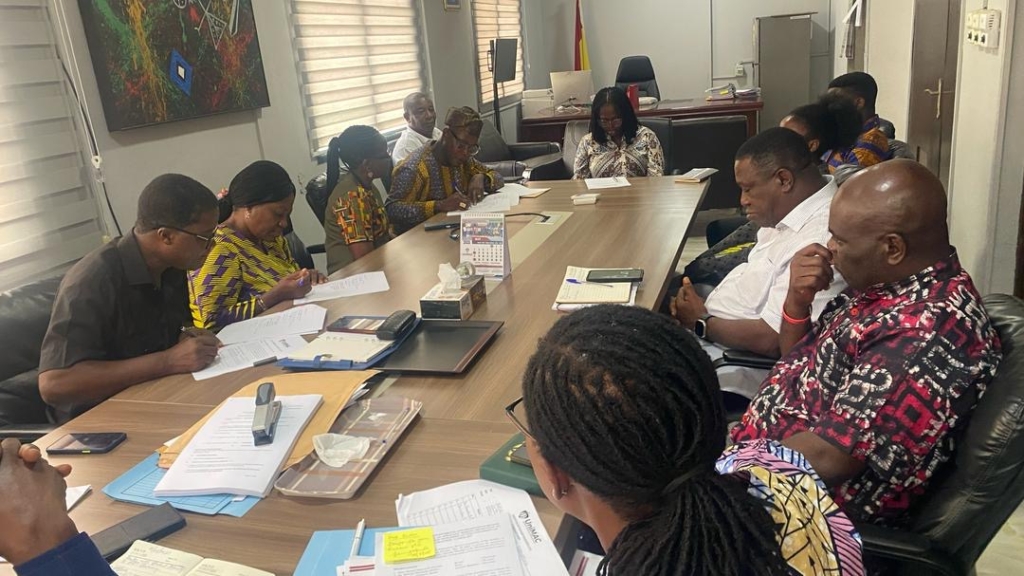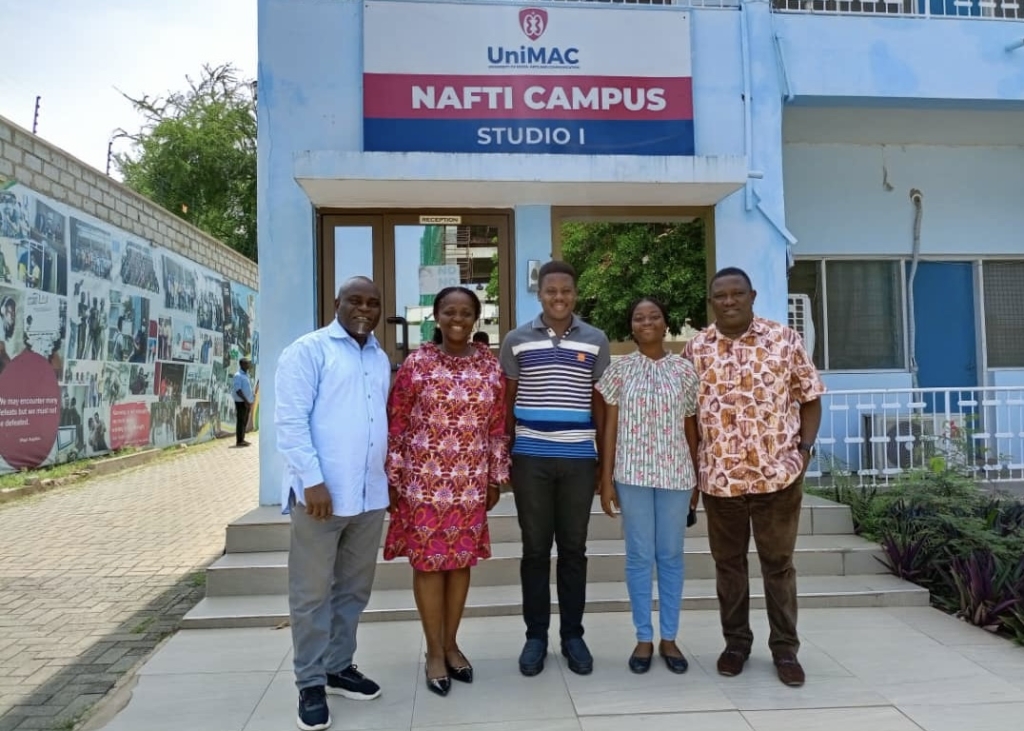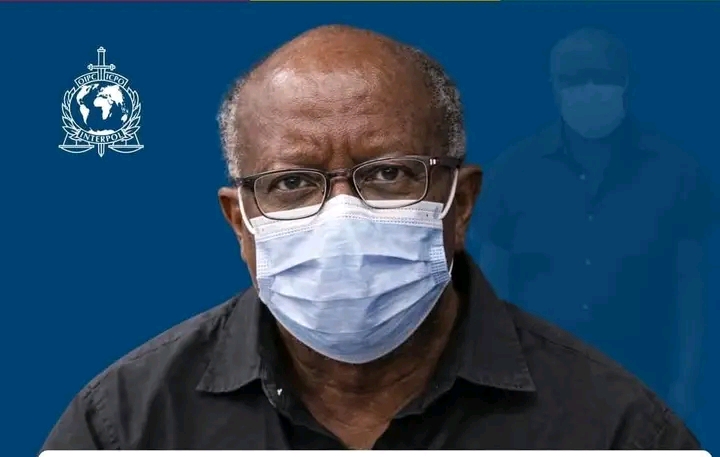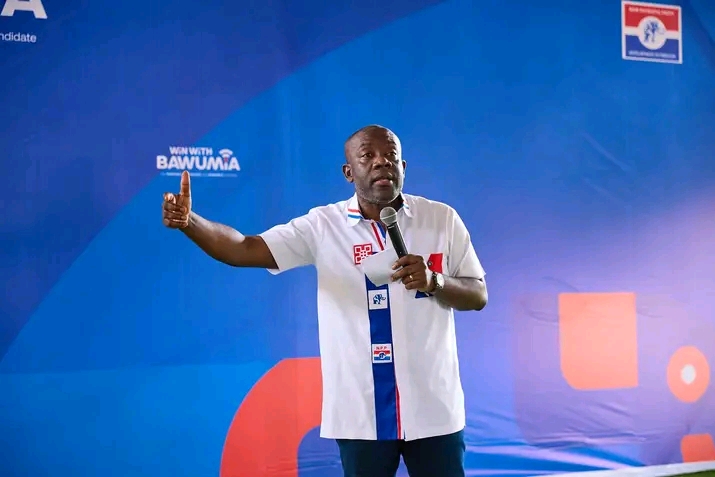Credit: Kekeli K. Blamey
A historic cultural bridge is being strengthened through cinema, as two students from Ghana’s University of Media, Arts and Communication-Institute of Film and Television (UniMAC-IFT) journey to Germany to take part in an international exchange that revives a decades-old creative bond.
This collaboration, known as African Dialogues@HFF, brings together UniMAC-IFT and the University of Television and Film Munich (HFF München) in a visionary programme aimed at fostering mutual learning and reshaping global storytelling. But this is more than just an academic exchange—it is a symbolic homecoming.
The roots of this partnership trace back to the iconic Ghanaian filmmaker King Ampaw, who became the first Black student at HFF München. His pioneering work laid the foundation for cultural cooperation between Ghana and Germany. Now, decades later, his legacy inspires a new generation of filmmakers to connect across borders and rethink narratives through an inclusive, Afrocentric lens.
On Monday, May 26, 2025, Joanna Nhyira Adu-Amoani, a fiction directing student, and Kekeli Joachim, a cinematography student, departed Ghana for a six-week residency in Munich. Their mission: to collaborate with German peers on a short film rooted in personal encounters—one that not only tells a story but challenges cultural preconceptions and centers African perspectives.
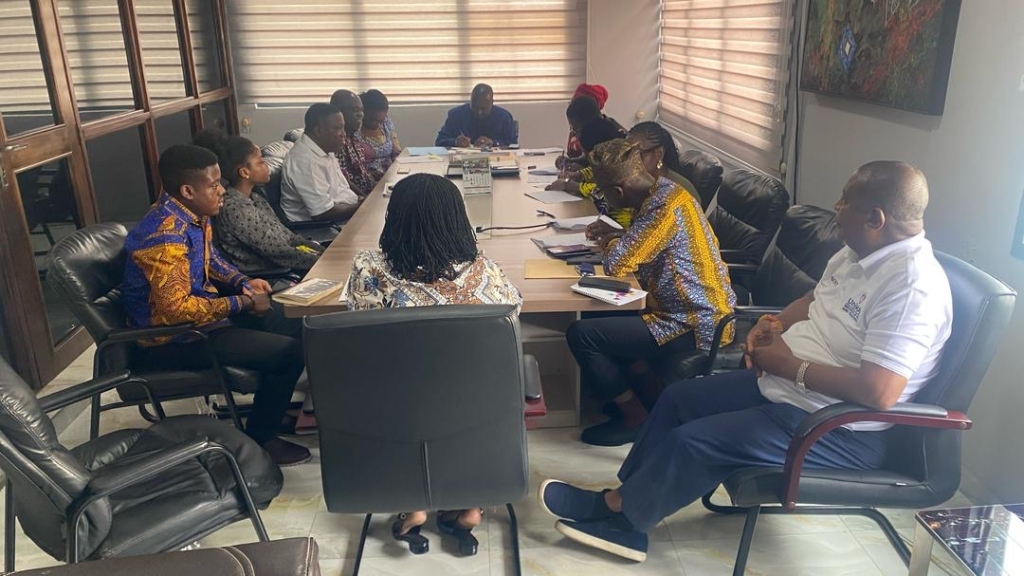
“This program is built on heritage and future,” said Mr. George Bosompim, faculty at UniMAC-IFT. “It’s not just about skill transfer—it’s about mutual respect and storytelling equity.”
The program, which will run for three years, was carefully co-developed by faculty from both institutions, with UniMAC-IFT’s team visiting Munich in November 2024 to ensure a balanced creative and logistical framework. Ghana’s representatives—Bosompim, Mr. Eugene Odame, and Mr. Yao Ladzekpo—worked with German faculty to design a curriculum that fosters co-creation rather than cultural hierarchy.
Back in Ghana, the selection of student participants was both competitive and intentional. Applicants submitted film concepts and vision statements, and Joanna and Kekeli stood out—not just for their talent, but for their ability to carry forward the cultural significance of the programme.
Joanna, speaking before departure, emphasized the transformative opportunity: “It’s about becoming a better director and storyteller, but also about bringing knowledge back home to inspire others.”
Kekeli echoed that sentiment with a focus on cinematic evolution: “This is a chance to explore visual storytelling on a global level and understand how different educational systems nurture creativity.”
Interestingly, the students observed unique contrasts between the two institutions. While HFF lacks dedicated departments for sound and production design, UniMAC-IFT’s broader technical foundation offers the Ghanaian students a chance to bring fresh perspectives to the German film environment.
Their upcoming project—a short film under 10 minutes—will be shot in Munich but completed in Accra, symbolizing a literal and figurative blending of creative worlds. In return, HFF students will travel to Ghana in August for a reciprocal residency, working alongside UniMAC-IFT peers on their own cross-cultural production.
Both projects will be showcased at notable venues such as Goethe-Institut, DOK.fest, and Filmschoolfest Munich, reinforcing a shared commitment to visibility, equity, and collaboration.
The programme is managed by HFF’s International Office, with full funding and stipends provided. Creative direction is supported by acclaimed German filmmakers including Prof. Karin Jurschick and Prof. Ingo Fliess. In March, Prof. Nicolas Wackerbarth, Head of Fiction at HFF, led workshops in Accra, laying the groundwork for long-term institutional cooperation.
On May 19th, the students’ families and UniMAC-IFT faculty gathered to sign symbolic bonds of commitment, marking not only a professional milestone but a deeply personal journey of growth, heritage, and hope.
With the African Dialogues@HFF now in motion, Ghana and Germany once again find themselves connected through the power of story—celebrating the past, enriching the present, and shaping the future of global cinema.
